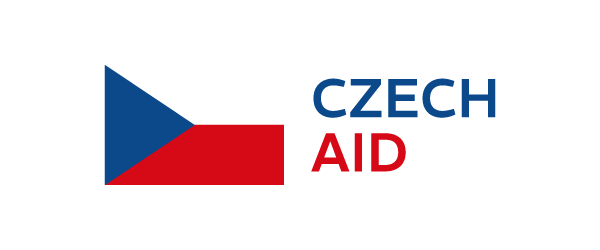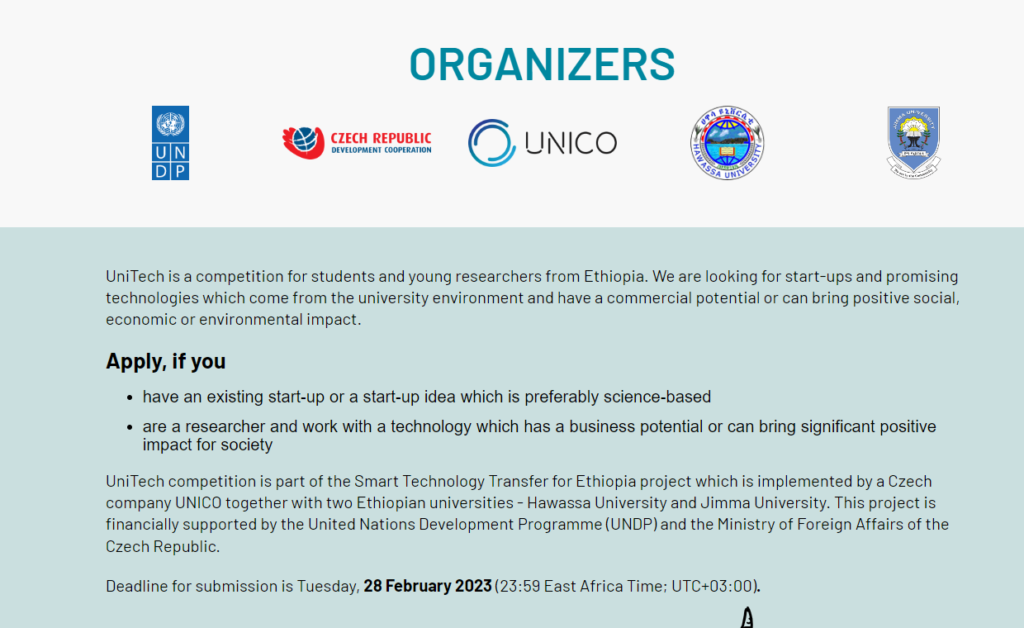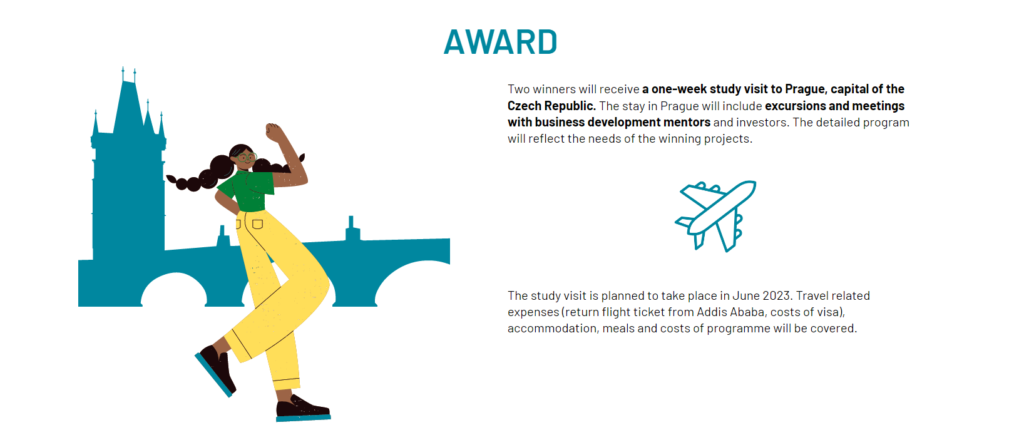From healthcare to education, the potential of technological innovations to drive positive change in society is immense. One company leading the way in this field is UNICO.ai, a technology firm focused on innovations to solve complex problems and create positive social impact. Their recent projects in Ethiopia and Georgia are good examples of how technology can be used in education. In this interview, we speak to the CEO of UNICO.ai, Vojtěch Nosek, about the company’s work in these countries and their vision for the project´s impact.
- UNICO.ai is an experienced project innovator. You had a project in Georgia previously. Now you are implementing a new project in Ethiopia. What are the biggest differences for project implementation in these two countries?
These two countries differ culturally and have a different approach towards innovation. In Ethiopia, innovations have a frugal character and are born out of necessity. They look for local methods to change things and are closer to local needs. In Georgia, the researchers dealt with similar topics as we do in Central Europe. Their research was more disconnected from everyday life. When we were looking for promising technologies in Georgia, we mostly met senior researchers who were over 50 years old and did not always speak English. You could also feel that research institutions are organized in a very hierarchical way. In Ethiopia, the researchers we met during workshops were younger and seemed very eager to gain new knowledge.
- Could you briefly introduce your project in Ethiopia and how it differs from your previous projects?
Our project, Smart Technology Transfer for Ethiopia, addresses the lack of well-established linkages between academic institutions and the private sector. Through the project, we also want to enhance the capacities of university staff and researchers for innovation management and entrepreneurship. The project focuses on improved data management, effective presentation of research results towards the private and public sector, technology scouting, and educational activities.
We use UNICO’s digital product EXPERTS.AI (https://find.experts.ai/) that gathers information about university assets such as experts, publications, research projects, technologies, or patents to increase the public profile of two Ethiopian leading universities in Jimma and Hawassa. These universities are also our local partners. To enhance innovation capacities of the local researchers, we have organized three online and offline workshops covering topics such as technology and business validation, IP valuation, and raising money for technology start-ups. In February and March, through an online innovation competition, UniTech, for students and researchers, we looked for promising technologies at Jimma and Hawassa universities. The projects were very interesting, ranging from gluten-free starch from Ethiopian crop enset, over solar-powered tractor, to biodegradable female sanitary pads from enset and avocado waste. You can learn more about the finalists and winners at https://www.unitech.et/#winners. The winning start-ups and technology transfer staff from Jimma and Hawassa will come for a one-week study visit to Prague in June. We plan to organize meetings with VC funds and innovation and technology transfer stakeholders in the Czech Republic.
This project builds on our previous projects. In a way, we have realized that only introducing digital tools into an environment without a strong innovation ecosystem will not be enough. Therefore, in the current project we accompanied digital tools with educational activities.
- The team of UNICO recently travelled to Ethiopia for the first work trip. What is your first impression of the country, your local partner, cooperation with UNDP, and project potential? Please mention positive surprises or impressions.
The visit to Ethiopia was a very positive experience for us. We encountered a big motivation to change things and an interest in learning new knowledge. As I mentioned, Ethiopian innovations have a frugal character and are developing local solutions to local needs. At the same time, Ethiopia is a big country with over 130 million people and a high density of population and large market. We also realized that local universities play a social role. For example, Jimma University covers the costs of living, housing, and basic food for its students. The education there has a focus on agricultural technologies, and the graduates can then bring the results of their education back to their communities.
- What were previously the main obstacles for universities to create effective linkages between academic institutions and industry? Are these challenges different from those in the Czech Republic?
Yes, they are. The private sector is not so developed, and the market is very different. The idea that Ethiopian universities will organize large networking fairs where 60 IT companies present themselves and meet students, such as COFIT at the Czech Technical University, is not very realistic in the local context at the moment. The focus is very much on technologies that can be used in agriculture. There are also different types of companies present in the local market, such as Dutch companies interested in the production of tulips.
- Do you foresee any challenges of working in the local context? If yes, how do you plan to overcome them?
One of our biggest challenges in the current project is the quality of the internet connection. For example, during our online competition, UniTech, several finalists struggled to connect to the Zoom call. This is obviously something we cannot influence at all. But it is, of course, an issue when you pitch your idea to foreign investors or would like to participate in online mentoring or negotiations. There are also cultural differences. It seems that open communication is not so common, and local partners will be rather hesitant to criticize or reject a suggested idea during project meetings.
- Did you have a chance to meet with local students/professors at the universities? What was their motivation to become your local partner?
Yes, we met both students, researchers, and professors through our technology transfer workshops and the start-up competition. In the collaboration, they saw an opportunity for personal and business growth and for gaining new experience.
- What is the ideal impact of the project for you?
This question makes me think about so-called great and little history. Small history impacts only a few individuals, but it also has its meaning. The project brings know-how from the Czech Republic to a place where a few people can benefit from this knowledge. Even an incremental amount of knowledge can move things forward. It would be naive to believe that our project can change the whole system.
- What would be your advice to anybody who is considering applying for the Challenge Fund in Ethiopia?
Be prepared that the real project impact might be smaller than expected. But without such small shards, things cannot move forward. What is important is the conviction that you are doing something meaningful. Though the impact is possibly smaller than you originally thought, small things also matter.
About the Czech-UNDP Partnership for SDGs
The partnership of the Czech Republic and UNDP supports innovative solutions from the private sector of the Czech Republic, non-governmental organizations, universities, state institutions, research centers and individuals for solving specific development challenges in priority countries (Bosnia and Herzegovina, Georgia, Moldova, Ethiopia, Cambodia, Zambia). The implementation of projects and expertise is financially supported by the Ministry of Foreign Affairs of the Czech Republic.



